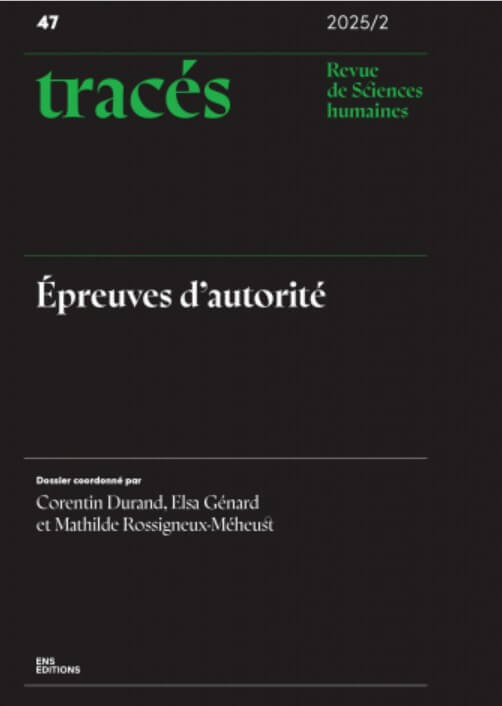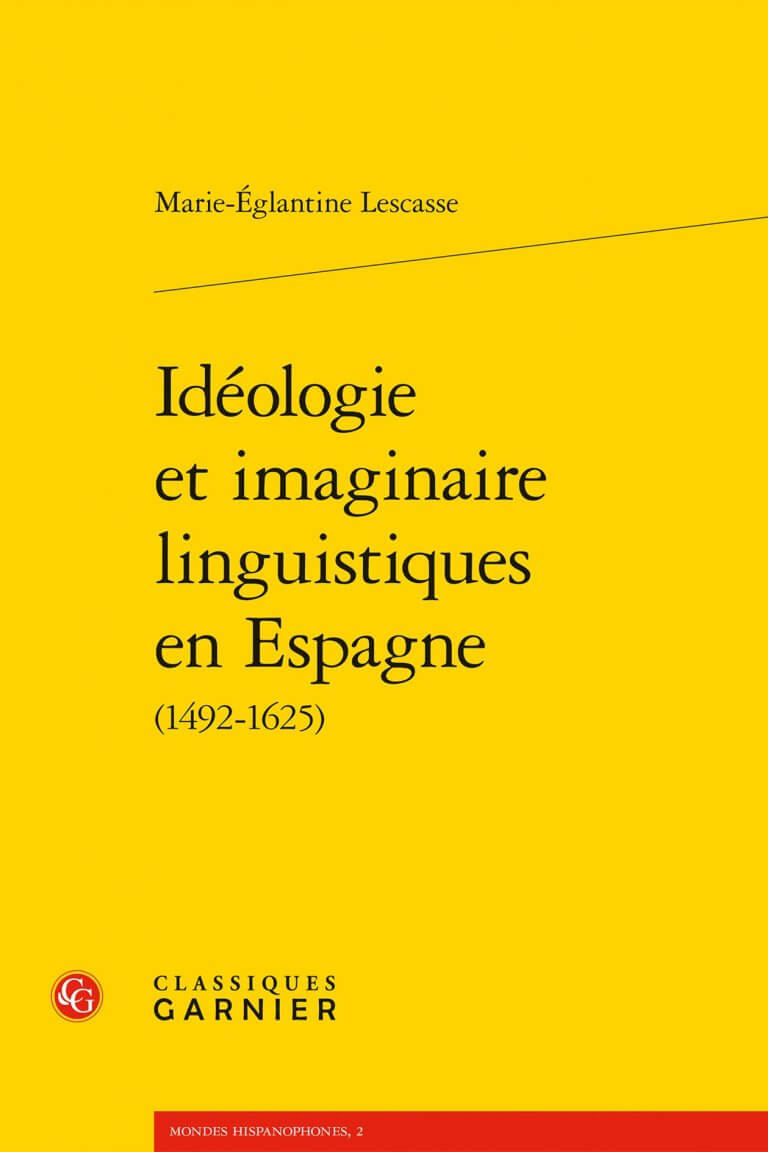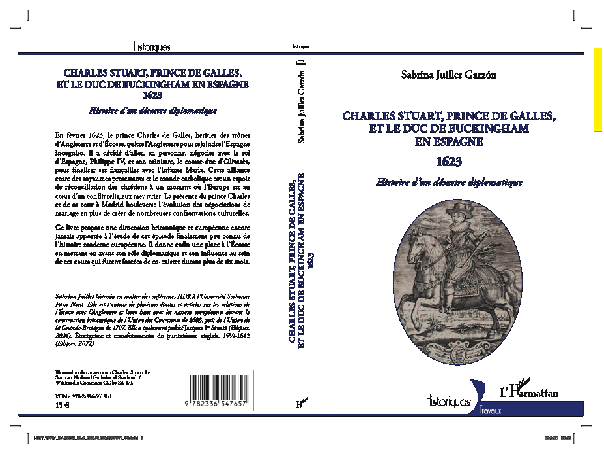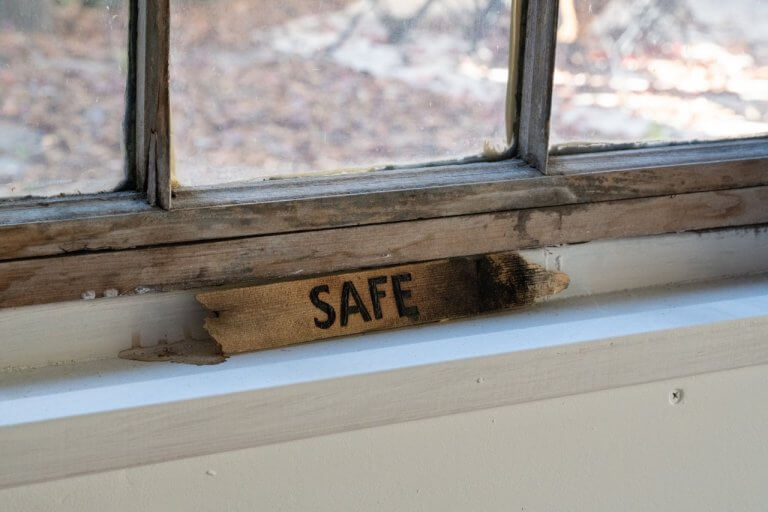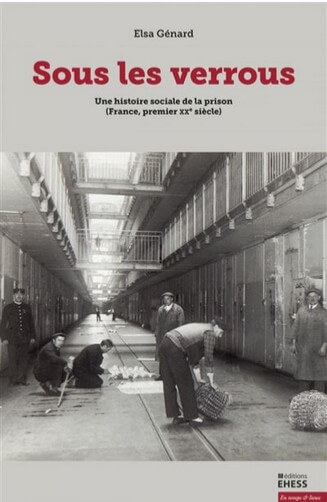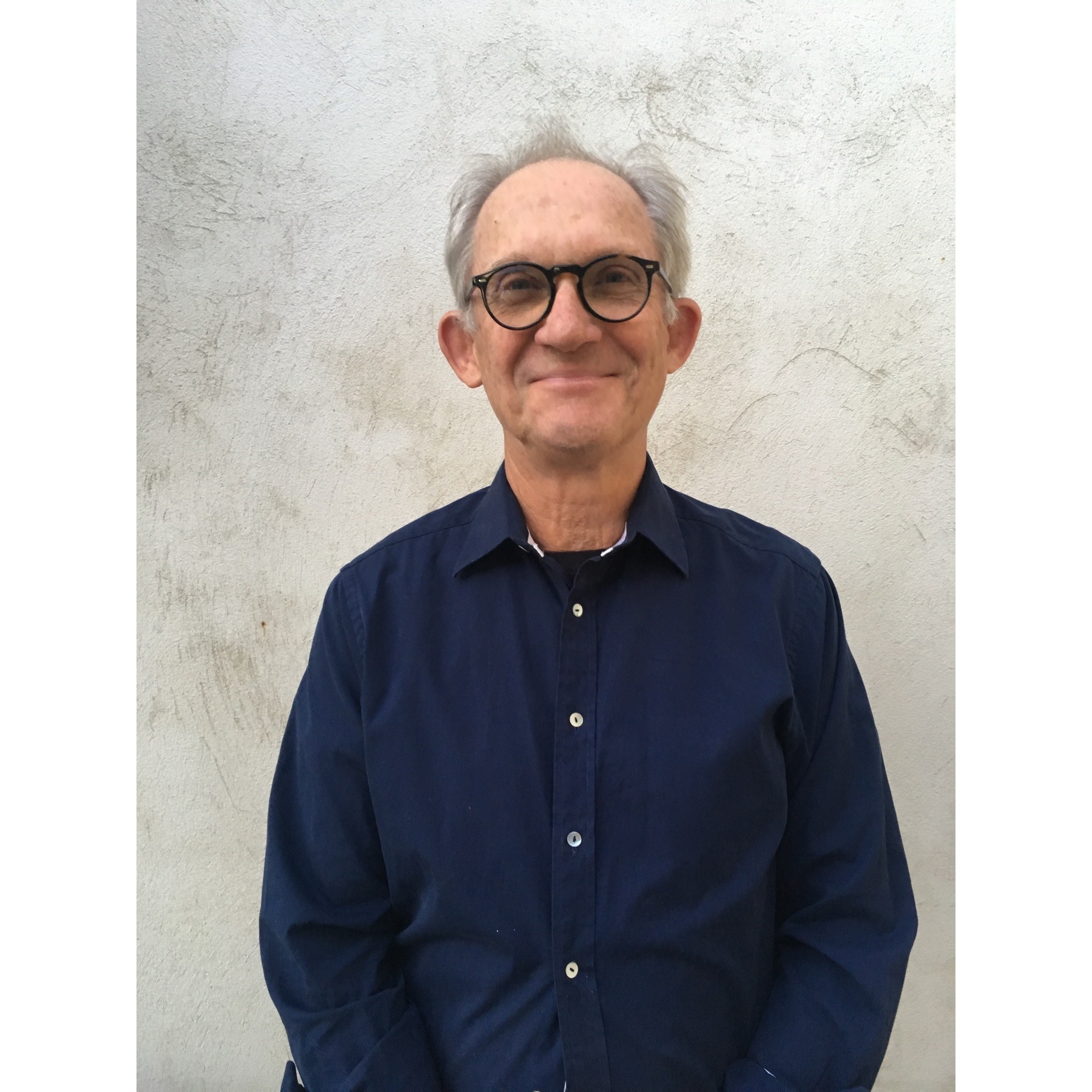Alter/Native Spaces , Journal de l’Association Européenne d’Etudes sur l’Australie (EASA), numéro spécial, volume 10, n°2. 2019
Alter/Native Spaces , Journal de l’Association Européenne d’Etudes sur l’Australie (EASA), numéro spécial, volume 10, n°2. 2019
édité par Vanessa Castejon et Salhia Ben Messahel
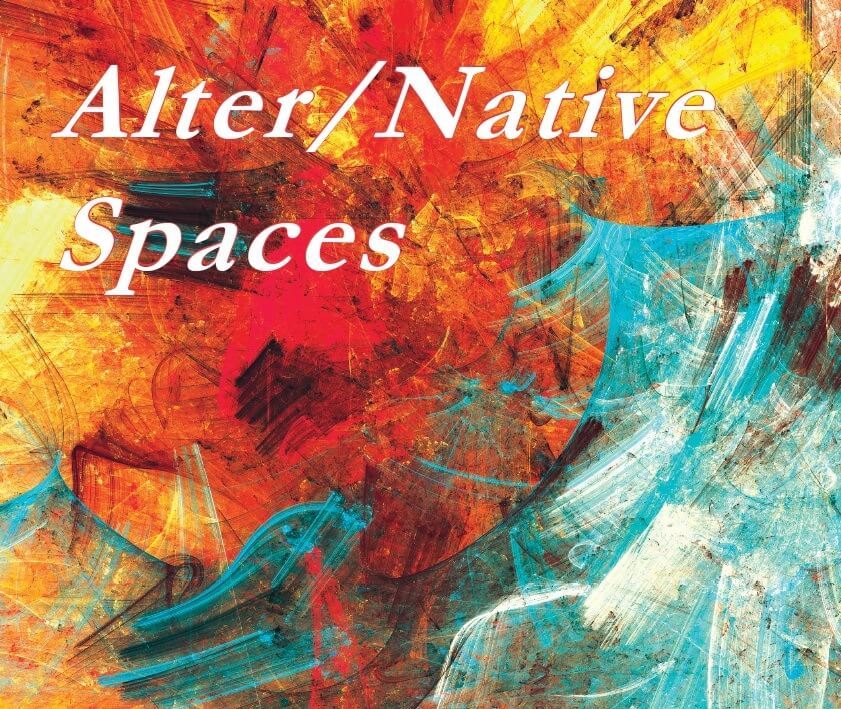
Cette publication qui réunit comme éditrices un membre titulaire du laboratoire et un membre associé (prof Salhia Ben Messahel), fait suite au congrès co-organisé à l’université de Toulon (congrès de l’association Européenne d’Etudes sur l’Australie) sur le même thème. Y figurent des contributions d’éminents collègues européens et australiens sur la question des “espaces Alter/Natifs” et également une recension d’un ouvrage de Matteo Dutto par Steven Muecke qui a été professeur invité à Pléiade en 2019.
The guest editors of Alter/Native Spaces seek to go beyond the postcolonial to examine how the prefix “alter” is linked both to the notion of an alternative and to the notion of multiplicity, and to explore how Indigenous and non-Indigenous knowledges might interact and reframe the relationship between the settler nation and the Indigenous peoples. Through interdisciplinarity (history, anthropology, art, cultural sociology, political and cultural studies), Alter/Native Spaces focuses on the flexibility of boundaries, “in-betweenness,” and “transbelongings.” It examines the construction of alter/native spaces, imaginaries, or modes of inhabitance that can encourage new modes of rethinking difference and belonging.
This issue, which is the first of two, was brought together after the conference titled Alter/Native Spaces which Salhia Ben Messahel and Vanessa Castejon organized in 2019 at the University of Toulon for the European Association for Studies of Australia. Their interest in both decentring and Indigenous studies converged in Alter/Native Spaces.
Written just before the anti-racism protests and the Black Lives Matter movement, the articles presented in this issue can now be read under a different perspective. The discourses on nation, belonging and identity are even more present and the failures to produce new alternatives have been highlighted in Australia as they were in the United States and many “postcolonial” countries. In Australia, as in the US, everyday racism, institutional racism, and deaths in custody were condemned; intergenerational trauma surfaced, statues were torn down, mass demonstrations ignited, and memory was called to denounce the ongoing racism as it has been the case for years, decades, or even centuries. While answers to the race questions (including a treaty) are still expected, there has been a change in public discourse. Demonstrations have raised interest, and the media has given Aboriginal affairs heightened visibility. This new chapter in the struggle for racial equality was met by an unprecedented wave of solidarity and a heightened urge to commit to racial equality. Such acknowledgement is also part of this issue.
Dernières publications
Permacrisis and the Policy Continuum in the UK: Deepening Inequalities before, during and after COVID-19
Permacrisis and the Policy Continuum in the UK: Deepening Inequalities before, during and after COVID-19dirigé par Anémone Kober-Smith et Anne…
Revue Tracés. Revue de sciences humaines. T47 « Epreuves d’autorité »
Revue Tracés. Revue de sciences humaines. T47 « Epreuves d’autorité » RESUME De quoi sont faites les relations entre employés et patrons,…
Idéologie et imaginaire linguistiques en Espagne (1492-1625)
Idéologie et imaginaire linguistiques en Espagne (1492-1625)Marie-Eglantine Lescasse De 1595 à 1625 paraissent coup sur coup en Espagne un ensemble…
Charles Stuart, Prince de Galles, et le duc de Buckingham en Espagne, 1623. Histoire d’un désastre diplomatique.
Charles Stuart, Prince de Galles, et le duc de Buckingham en Espagne, 1623. Histoire d’un désastre diplomatique.Sabrina Juillet GarzonPublication à…
2024-1 | 2025 Représentations de la catastrophe au XXIe siècle dans les arts plastiques et la littérature : quelles réponses collectives et intimes ?
2024-1 | 2025Représentations de la catastrophe au XXIe siècle dans les arts plastiques et la littérature : quelles réponses collectives et intimes…
Sous les verrous. Une histoire sociale de la prison (France, premier XXe siècle)
Sous les verrous. Une histoire sociale de la prison (France, premier XXe siècle)Elsa GénardAvoir froid, être sanctionné pour bavardage, n’envoyer…



